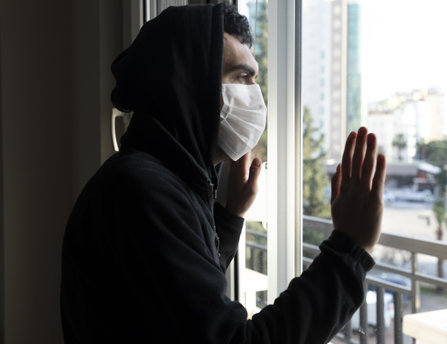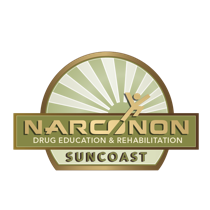Drug Overdoses Projected at Record High in 2019, Fears of a Surge in 2020

A record number of overdoses occurred in 2019, as nearly 71,000 are projected to have lost their lives as a result of a drug overdose, according to preliminary data released by the US Centers for Disease Control and Prevention’s National Center for Health Statistics. (CNN.com) The 70,980 projected number is an unfortunate record when it comes to drug overdoses in the United States and it wipes out the first decline in decades seen in 2018. The most troubling and worst part about the increase in 2019 is what experts are fearing in 2020 with how the pandemic will affect addiction and overdoses.
One of the main reasons overdoses are so high is the continued effect and impact extremely dangerous and popular street drugs such as fentanyl and other synthetic opioids are having on our society. Fentanyl has been around since the 1960s in the medical community, but over the last several years has been one of the most widely abused and deadly drugs available on the streets. It has become popular because of its potency, and deadly for the same reasons. The appeal for distributors of illegal drugs is also very high because of both its addictive nature and relatively cheap costs to produce. While there are a lot of addicts who seek fentanyl because of this, there is also an extremely high number of accidental overdoses from users who are intending to inject or snort a different drug that has been laced with fentanyl. In 2020, fentanyl has the potential to be in anything from heroin, pills disguised as oxycodone, cocaine, meth, etc.
Years ago, right before I got clean, ‘pressed pills’ were making the rounds as a hugely popular pain killer on the streets. These are the pills disguised as oxycodone that I mentioned, pills that are pressed in a way that make them appear to come from a pharmaceutical company approved by the FDA, but instead contain drops of fentanyl which have had no kind of screening for potency. They are a killer by nature and unfortunately are all over the place. When somebody is expecting to take, say, 30 mg of oxycodone and instead ingests, snorts, or injects a heavy dose of fentanyl it is easy to see why a life could be taken so suddenly. This is what has become of the opioid epidemic, and with drugs like fentanyl flooding the marketplace and a lot of our treatment methods doing little to handle the underlying issues of addiction, the rise of overdoses is unlikely to curve in a positive direction.
I recently wrote about the overdose numbers spiking during the COVID-19 pandemic, and with the numbers already heading in the wrong direction in 2019, I am not anticipating seeing the grave numbers that we are likely to see for 2020. That is the reality we are facing, however, and it is my sincere hope that some of this grabs the needed attention in our communities so we can develop a new plan of action on how best to handle the drug crisis in our country. Just a thought, but if our current practices and methods that are most widely used are only seeing the numbers continue to go up, how long do we stay the course and hope that things get better before new methods and plans are developed for widespread use? I know from my own personal experience that drug replacement therapy and dual diagnoses did very little to handle my addiction other than prologue and defer the nature of my problems for much longer than necessary.
I would not be working in this field or do what I do if I did not believe addiction was something that can be overcome by the vast majority with the right approach, care, attention, and subsequent commitment by recovering addicts to leave addiction behind. I am an outspoken advocate for holistic treatment because I have seen the evidence in my own life and countless others, yet it also seems to be so routinely dismissed by a large percentage of the addiction community while the drug problem continues to escalate and overdoses continue to rock and destroy families every day. Instead, the ideal treatment center, at least when it comes to insurance companies and the pharmaceutical industry, seems to be 28 days or less and ending with a plethora of new prescriptions. Perhaps it is time we change that?
If you or anyone you know is seeking help, please reach out.
